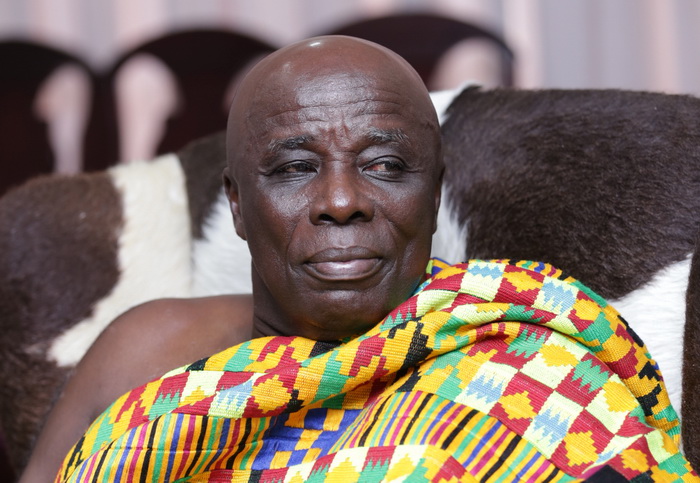
Okyenhene lauds govt for Free SHS Policy
The Okyenhene, Osagyefuo Amotia Ofori Panin, has lauded the government for the implementation of the Free SHS Policy and appealed to all political actors not to turn it into a partisan political fan fare.
In a statement signed by Mr D. M. Ofori-Atta, the Assistant State Secretary of the Akyem Abuakwa Traditional Council, and issued in Accra on Thursday, the Okyenhene stated that any attempt to reduce the policy into “petty partisan political squabbles will be unpatriotic and unfavourable to national progress’’.
The Okyenhene, who is also the President of the Eastern Regional House of Chiefs, made a passionate appeal to all political parties to support the policy unconditionally by offering “constructive criticisms and useful suggestions for its successful implementation”.
“The government needs the encouragement and support of us all to achieve this Herculean task,’’ he said.
He said President Nana Addo Dankwa Akufo-Addo deserved strong commendation for living up to his flagship electoral promise, adding that he shared the hope and expectation of most Ghanaians that other promises contained in President Akufo-Addo’s presidential campaign message would also be fulfilled.
Free SHS
Under the Free SHS Policy, about 400,000 Basic Education Certificate Examination (BECE) candidates who qualified for admission to SHS are expected to enjoy free tuition, textbooks, meals, library usage, admission, examination, uniforms and Students Representative Council (SRC) dues.
To ensure the successful implementation of the policy, the government, on September 8, 2017, released GH¢280 million out of the GH¢486 million required for the flagship programme.
The Free SHS Policy is in line with the Sustainable Development Goal (SDG) Four, Target One, which states: “By 2030, all boys and girls complete free, equitable and quality primary and secondary education, leading to relevant and effective learning outcomes.”
It also stipulates that by 2030, all girls and boys will have access to quality early childhood development, care and pre-primary education, so that they are ready for primary education.
The policy effectively marks the end of the era when financial constraints were a barrier to the aspirations of children who wanted secondary education in the country.
Right choice
Commending the government for implementing the policy, Osagyefuo Ofori Panin said it made the right choice by implementing the policy because the development of the country depended on its human resource.
“The needs of education for our youth cannot be postponed or relegated. The Free SHS Policy demonstrates a solid commitment by the government to the human development approach to nation-building,’’ he said.
The Okyenhene also commended the government for the affirmative action policy that allowed 30 per cent of admissions into Class A SHSs for candidates from less-endowed junior high schools (JHS) and communities.
He said it was also commendable for the government to have listened to the cries and concerns of the people, in spite of the unfavourable economic situation, to restore the allowances of teacher trainees.
“These measures represent a great step forward in the march to promote social equity and in halting falling educational standards by attracting the most able minds to pursue the teaching profession,” he said.
Rise above interests
While recognising the fact that the implementation of the policy would face certain challenges, he advised policy makers, heads of SHSs and all stakeholders to forego personal interests to see to the success of the policy.
“Rise above personal interests, corrupt practices and abuses and seek to devote personal efforts towards this sacred task for the uplift of the youth in this country,’’ he said.
Osagyefuo Ofori Panin also called on the government to step up efforts towards the expansion of educational infrastructure to cater for the increasing number of students who would take advantage of the Free SHS Policy.
“Take effective measures to improve the remuneration of teachers and other workers in the educational sector,’’ he added.
